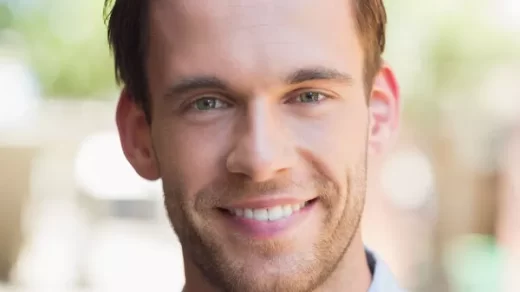While this reaction may seem extreme, it’s more common than you may think. A recent survey by Pure Leaf and Fair Play found that only 15 percent of women felt confident when saying no, specifically at work. Further, those who did say no reported that guilt was the number one emotion they felt afterward. And it doesn’t get much better for the yes-people, with 38 percent revealing they’ve agreed to a task because they felt obligated, even though they wanted to say no.
In both scenarios, this type of internal conflict is a sign that you “haven’t given yourself permission to say ‘no,'” says Veronica Eyo, EdD, LCSW, a coach for the Fair Play Method learn to say no workshop in partnership with Pure Leaf Tea. Dr. Eyo tells me the program, based on author Eve Rodsky’s bestsellers, Fair Play and Find Your Unicorn Space, typically takes six sessions to master, and is about how to leverage and set boundaries, mentally take a load off, and permit ourselves to be unavailable. “When you say yes to something, it takes time away from other priorities and things you love to do,” she says. “By saying yes to something, you’re saying no to something for you.”
What is the Fair Play Method’s learn to say no workshop
The idea of Fair Play is a time-and-anxiety-saving system. It’s about looking at the “invisible tasks” in your personal and professional lives that carry a heavy mental load and distributing them in a way that leads to less stress. These to-dos, or emotional labors, are the ones that women are typically disproportionately impacted by, so learning how to set boundaries to reclaim space is important.
While my propensity to say yes to everything allows me to experience new and different things, it does come at a price—boundaries. Much of my one-hour session with Dr. Eyo was about addressing my boundaries, or lack thereof. “It’s very easy to sometimes just fall into saying yes,” she says.
Instead, she advises yes-people like myself to take a moment to evaluate and ask themselves if the task is something they genuinely want to do or be involved in. In my experience, notoriously saying yes with limited boundaries, sometimes results in being taken advantage of. There have been times when my kindness has become expected without my thoughts and efforts being taken into consideration. When you lack boundaries, you allow others to enter your happy “unicorn” space, to use a term from the Fair Play Method, with no consequences.
How to gradually start setting boundaries if saying no is too hard
No matter if you’re a novice like myself or more seasoned, saying no can be difficult, which is why Dr. Eyo says gradually implementing boundaries like offering an alternate time or activity and slowly building up to being able to decline offers can be an easier in difficult situations. “It’s not about the word; you don’t have to say no,” Dr. Eyo says. “Sometimes using different words and actions is how we start.”
Before responding in any way, Dr. Eyo first suggests checking in with yourself by asking two questions:
- Does this fit with me?
- Is this what I want to be doing right now?
“If the answer is yes, then that’s alright,” Dr. Eyo says. “The problem is when you start to notice maybe down the line that you’re not having the same fulfillment as you were before.” If that’s the case, she advises stepping back and re-evaluating the situation.
My biggest lesson from Fair Play’s learn to say no workshop
For myself, I’m working on the guilt factor, but as Dr. Eyo reminds me, it’s completely normal when setting boundaries. “Guilt doesn’t mean that your no is wrong; that’s just where you’re at,” she says. “Every time you say no, set a boundary, or make a decision to put yourself first, I guarantee it gets easier and the guilt gets less and less.” Here’s hoping!
Our editors independently select these products. Making a purchase through our links may earn Well+Good a commission.


